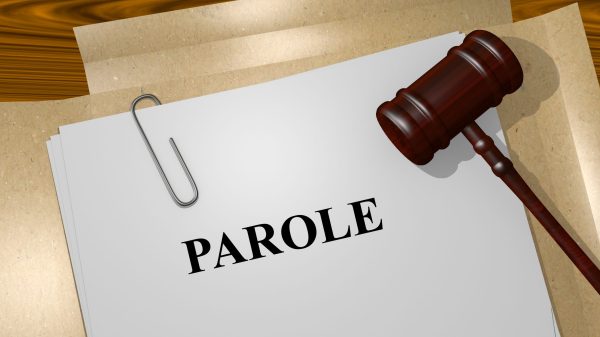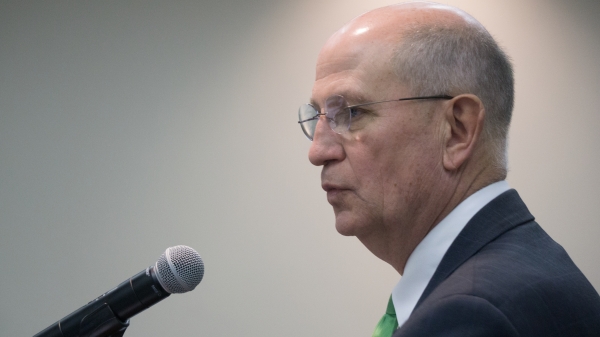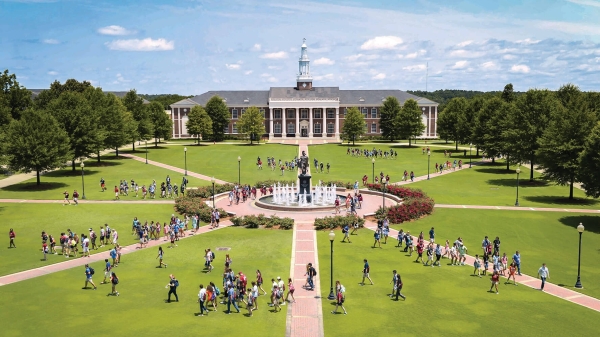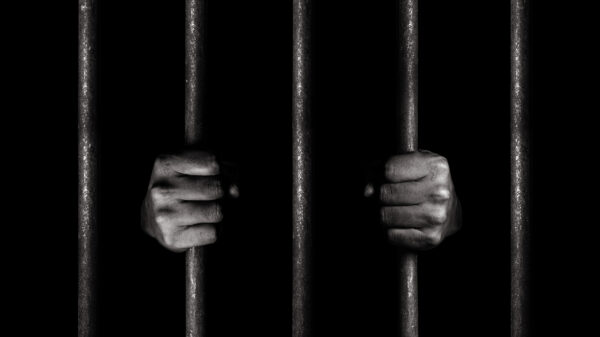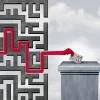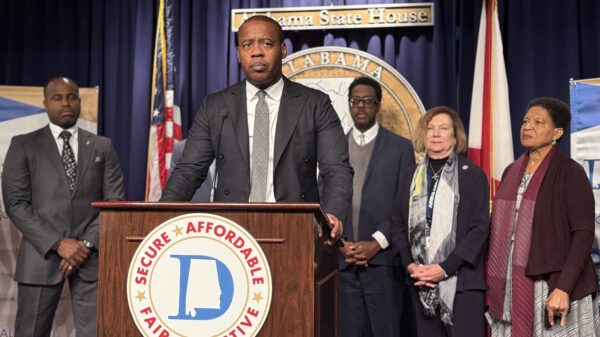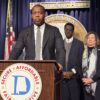The Conservative-heavy Supreme Court heard oral arguments Tuesday in Milligan v. Merrill as the plaintiffs made their case to the justices that Alabama’s Congressional district map prevents Black citizens from being able to elect a candidate of their choice.
Supreme Court pundits analyzing the justices’ questions and remarks noted Alabama may not get all it’s arguing for— that race can’t be a factor when drawing district lines— but believe the court still may decide to make it significantly harder to challenge maps.
But voting rights groups are holding out hope that the justices saw the point that the plaintiffs made Tuesday.
“Conservative justices on the court, as well as the more liberal justices on the court, I think without question were able to see that the plaintiffs were able to present such a map,” said Jerome Dees, policy director at Southern Poverty Law Center.
Other voting rights activists called for prayer and protest to bring the desired result.
“It’s our responsibility right now to persuade, to pray for, to inspire this conservative court to look at the law and to rule according to the law and not be partisan based off of their conservative beliefs, but to deal with the law,” said Rev. Kenneth Dukes of the Alabama NAACP. “This affects the entire country.”
“When Black people have no systemic power and no legislative voice, we must protest,” said Camille Bennett, founder of Project Say Something. “It’s how we gained our voting rights in the first place. No protest. No votes. No power.”
Dr. Adia Winfrey, the founder of Transform Alabama, called on Black Alabamians to mobilize and vote in numbers that they have not been voting in.
“Let the Supreme Court case prove to you that your vote does matter,” Winfrey said. “If it didn’t matter, they wouldn’t care. This wouldn’t be pushed through so fast and the eyes of the world wouldn’t be on us.”
The League of Women Voters, which works to make sure women’s voices are heard at the polls, is also standing in solidarity with disenfranchised minority voters.
“Democracy depends on maintaining voters’ trust that their voice is not worth less than any other voter,” said Kathy Jones, president of the League of WomenVoters of Alabama. “Alabama’s unrepentant dilution and suppression of Black voters represents a continuation of Alabama’s shameful history of racism against Black people. The court must uphold the rights of Black Alabamians to elect the leaders of their choice. When Black voters are silenced, our democracy is not whole.”
Former U.S. attorney general Eric Holder said this should be an easy decision for the court.
“The congressional map enacted by Alabama’s legislature—found to be racially discriminatory by lower courts—is a textbook violation of Section 2 of the Voting Rights Act as it applies to redistricting,” Holder said. “This law that has been in place and upheld in numerous cases over the years and repeatedly reauthorized by Congress with overwhelming bipartisan support—for more than half a century—must remain intact. Anything short of that determination is simply wrong and democracy diminishing …
“Should a Court majority ignore this, I fear we will live in a less just country that lacks accountability for those who conduct themselves in a manner that is inconsistent with the values and promises of our founding documents and who are dismissive of the desires of the people.”











